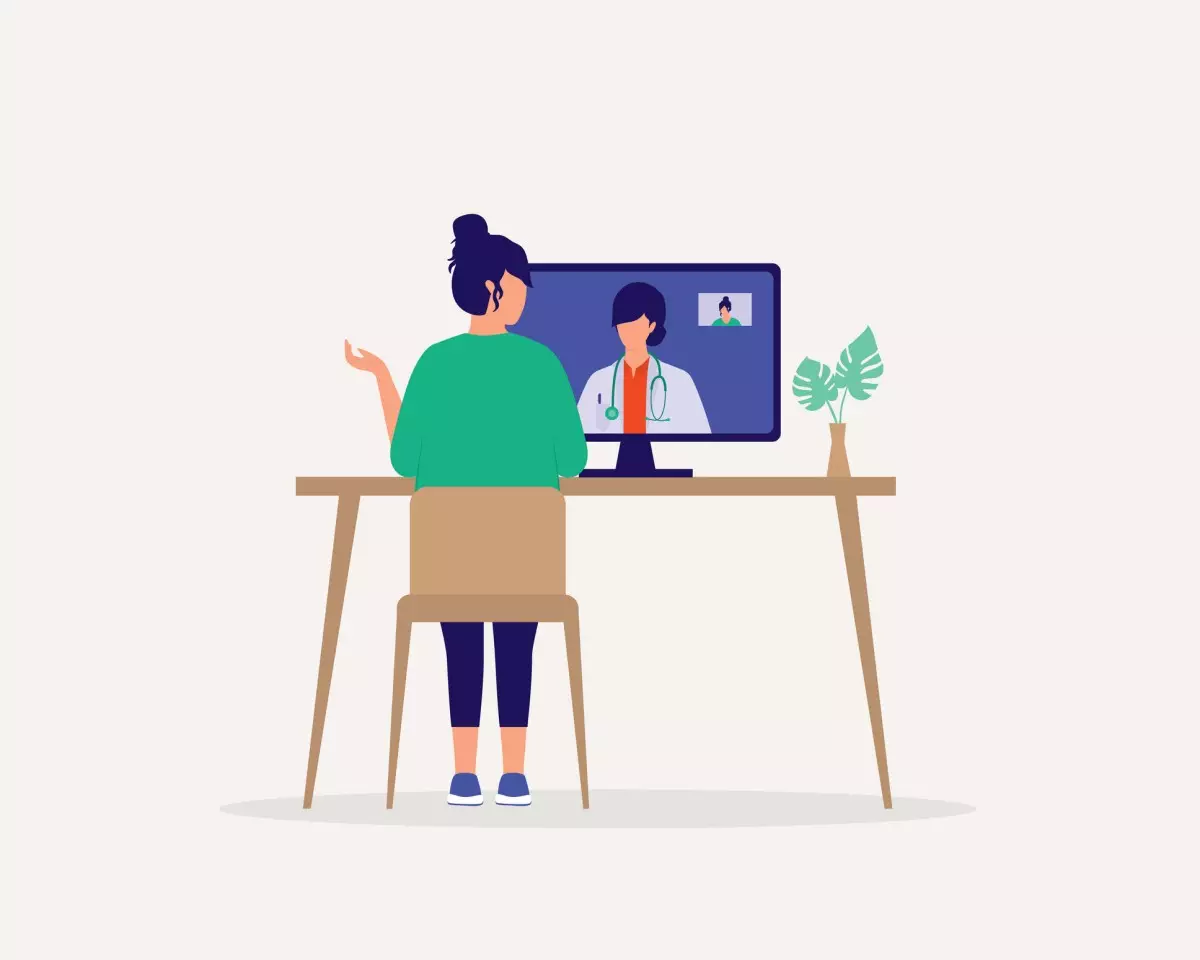In an age where technology pervades every aspect of our lives, it’s no surprise that healthcare has also embraced the digital revolution. The rise of AI-powered chatbots, such as ChatGPT, symbolizes a significant shift in how people seek medical advice. With wait times skyrocketing and healthcare costs soaring, many individuals are looking for quicker alternatives to traditional health consultations. Recent surveys indicate that roughly one in six adults in the United States are utilizing chatbots to seek health advice on a monthly basis. While this trend demonstrates a growing reliance on technology, it simultaneously raises serious concerns about the implications of placing trust in these digital advisories.
The Fragility of AI-Assisted Diagnostics
A recent study led by researchers from Oxford University has scrutinized the effectiveness of these chatbots in aiding medical self-diagnosis. The findings highlight alarming inadequacies in the chatbots’ ability to generate reliable health recommendations. The research involved 1,300 participants in the U.K., who were presented with medical scenarios crafted by physicians. They were then asked to determine potential health issues and recommend possible actions using AI tools alongside traditional methods, like their own judgment or online searches. The results were sobering; rather than enhancing the users’ diagnostic capabilities, the chatbots not only diluted their ability to identify health conditions accurately but also led to a troubling underestimation of the severity of recognized issues.
Communication Gaps and Interpretation Challenges
One of the critical issues identified in the study is the communication breakdown between users and chatbots. The director of graduate studies at the Oxford Internet Institute, Adam Mahdi, emphasized how people often fail to provide essential information when querying these AI tools. Similarly, responses from the chatbots can be ambiguous, containing a mix of astute advice and misguided recommendations, complicating users’ decision-making processes. This unpredictability can foster a false sense of security, leading individuals to overlook serious conditions simply because the chatbot did not adequately interpret the vital details conveyed by the user.
The Need for Clearer Evaluation Standards
The landscape surrounding AI in healthcare is rapidly evolving, with tech companies aggressively developing tools that aim to enhance health outcomes. From Apple’s venture into an AI-generated health advice platform to Microsoft’s initiatives for better patient-provider communication, the industry is abuzz with the promise of transformative digital solutions. However, the standards for evaluating the effectiveness of these AI tools remain troublingly inadequate. Mahdi’s insights stress that existing evaluation methods are ill-equipped to address the complexities inherent in human-computer interaction. This inadequacy poses a substantial risk, as premature reliance on these tools could lead to dire consequences for individuals’ health.
Professional Skepticism and Patient Safety
Despite the technological promise, skepticism persists within the medical community regarding the application of AI for higher-stakes health assessments. The American Medical Association has cautioned against using chatbots like ChatGPT to assist with clinical decisions, echoing sentiments shared by many healthcare professionals. Meanwhile, leading AI companies—including OpenAI—have issued warnings about relying too heavily on their products for diagnostic functions. Both professionals and consumers need to tread carefully in this uncharted territory, where the allure of immediacy might compromise patient safety.
Education and Empowerment in Health Decision-Making
Amidst the digital healthcare evolution, the importance of educating the public on how to navigate these technologies cannot be overstated. Reliance on chatbots should not substitute for trusted medical information or professional consultations. To mitigate risks, it is essential for users to develop a critical eye when interpreting chatbot-generated advice. The push towards digitized healthcare should focus on empowering individuals while ensuring they also recognize the limitations of AI.
While AI chatbots have certainly carved a niche in the realm of health, understanding their roles and associated risks is paramount. As we continue to integrate technology into healthcare, striking a balance between innovation and patient safety will be a challenge demanding our attention.

